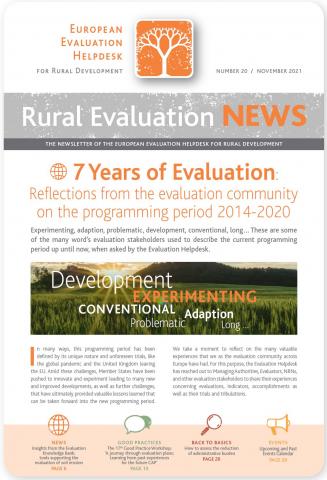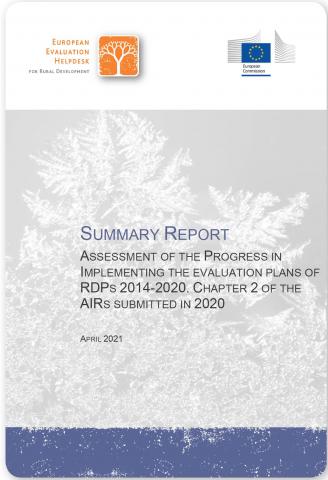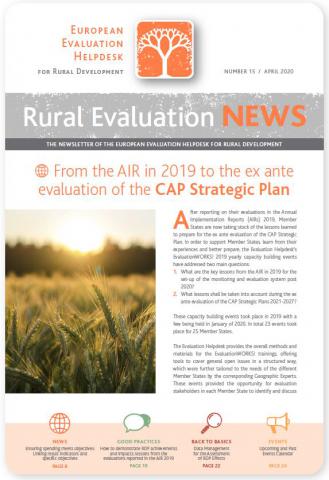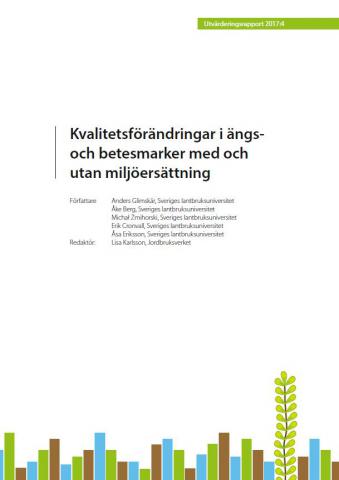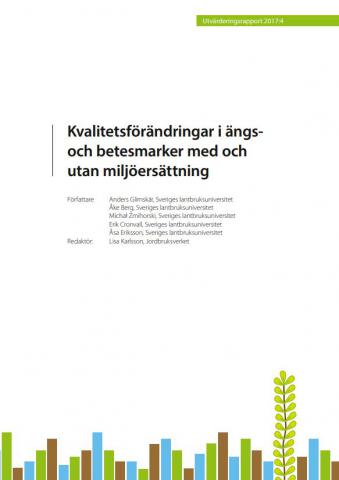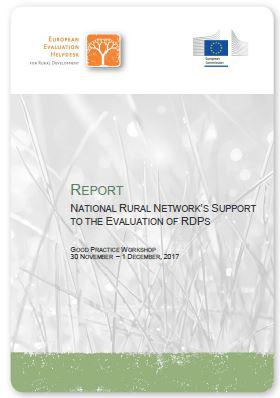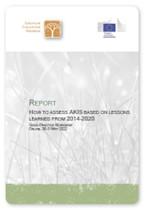This report summarises the major outcomes of the Good Practice Workshop (GPW), “National Rural Networks’ (NRNs) support to the evaluation of RDPs”, which took place on 30 November – 1 December in Athens (Greece).
The aim of this workshop was to explore the possible activities of NRNs in supporting the evaluation of RDPs throughout the evaluation cycle. This workshop provided a space for the exchange of experiences on how NRNs can support building evaluation capacities and raising awareness on evaluation. Furthermore, participants discussed challenges and developed recommendations for the more efficient use of NRN resources in supporting RDP evaluations.
This workshop brought together evaluators, Managing Authorities, NRNs, EC representatives, researchers, evaluators, rural development stakeholders and members of the Evaluation Helpdesk team.
Practical examples from the Italian and Portugese NRNs as well as poster presentations from Germany, France, Latvia, Poland and Estonia were presented during this workshop and are summarised in this report.


